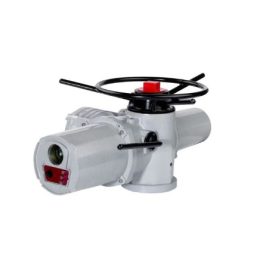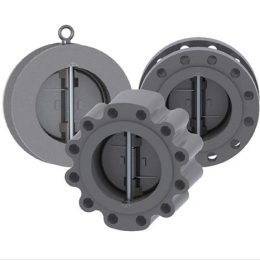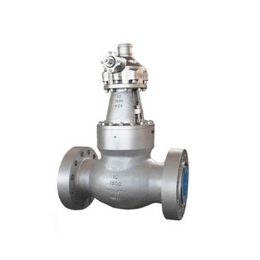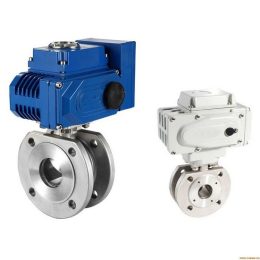Preparations Before Ball Valve Installation
Ball valves are one of the most important components in many industrial systems, as they help control the flow of fluids and gases. To ensure these valves work at their best, it’s essential to make sure that proper preparations are made before installation. Here are a few additional steps that can be taken to make sure your ball valves work as efficiently as possible:
- Choose the right ball valve for your needs: There are many types of ball valves available, and choosing the right one for your system is key to maximizing its efficiency. Ball valves can differ in their materials, size, and pressure ratings, so it’s important to make sure you select the right one for your specific application.
- Consider the environment: Before installation, it’s important to evaluate the environment where the ball valve will be installed. Factors such as temperature, pressure, and chemical exposure can all affect the performance of the valve, so it’s important to choose a valve that can withstand these conditions.
- Perform regular maintenance: While proper installation is important, regular maintenance is also key to making sure your ball valves work at their best. Regular maintenance can include cleaning the valve, lubricating the stem, and replacing any worn or damaged parts. This will help prevent any damage to the valve and prolong its lifespan.
- Consider automation: In many cases, automating the ball valve can help improve its efficiency and reduce the risk of damage. Automated ball valves can be programmed to open and close at specific times, reducing the risk of human error and ensuring that the valve is always working at its best.
- Ensure proper support: As mentioned above, it’s important to ensure that the piping can withstand the weight of the ball valve. This can be achieved by providing proper support for the valve, such as installing brackets or other support structures.
By taking these additional steps, you can ensure that your ball valves are installed correctly and will function properly for years to come. This will not only help prevent any damage to the valves but also ensure that your industrial system runs smoothly and efficiently, reducing downtime and improving overall productivity.
- Introduction To The Protection Of Valve Corrosion
- “Improve Efficiency with the Lightweight Forged Floating Ball Valve”
- Scotch Yoke Pneumatic Actuator
- Ball Valve Specifications And Functions: Everything You Need To Know
- The Valve Quality Certificate Shall Include
- The Importance Of Air Source Quality Of Pneumatic Valves



